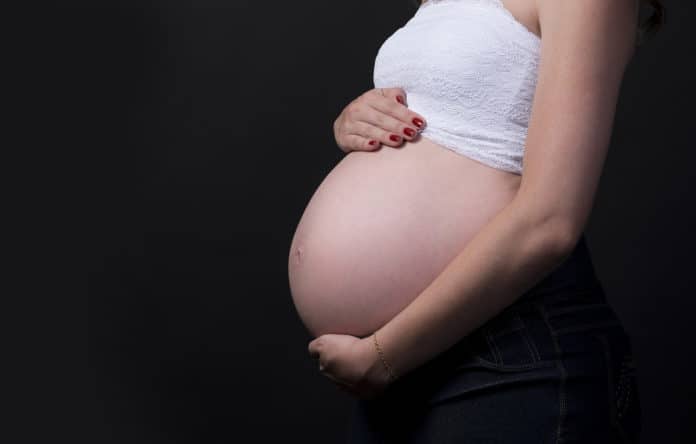To understand the effects of COVID-19 on pregnancy, scientists from the Nuffield Dept of Women’s & Reproductive Health at the University of Oxford collected essential data on pregnant women with and without a diagnosis of COVID-19. This could help them understand the percentage of risks to both mothers and babies.
Aris Papageorghiou, Professor of Fetal Medicine at the University of Oxford, who co-led INTERCOVID, said, ‘Women with COVID-19 during pregnancy were over 50% more likely to experience pregnancy complications (such as premature birth, pre-eclampsia, admission to intensive care, and death) compared to pregnant women unaffected by COVID-19.
‘Newborns of infected women were also nearly three times more at risk of severe medical complications, such as admission to a Neonatal Intensive Care Unit – mostly due to premature birth. However, the good news is that the risks in symptomless infected women and non-infected women were similar.’
For the first time, scientists have detailed comparative information about the effects of COVID-19 in pregnancy. They found that the risk to mothers and babies is greater than acknowledged. The study also urges healthcare providers to include pregnant women.
Involving more than 2,100 pregnant women from 43 maternity hospitals in 18 low, middle, and high-income countries worldwide, the study is unique because each woman affected by COVID-19 was compared to two non-infected pregnant women birth at the same time in the same hospital.
Approximately 10% of newborns from mothers who were test-positive for the virus also tested positive for the virus during the first few postnatal days.
Importantly, breastfeeding does not seem to be related to this increase. Delivery by Caesarean section, however, may be associated with an increased risk of having an infected newborn.
Professor Villar continued: ‘The existing INTERGROWTH-21st infrastructure was critical in enabling researchers worldwide to implement this urgent initiative in record time, and their commitment to the study was remarkable. Examining the long-term effects on mothers and children is the next challenge’.
Stephen Kennedy, Professor of Reproductive Medicine at the University of Oxford, who co-led the study, concluded, ‘We now know that the risks to mothers and babies are greater than we assumed at the start of the pandemic and that known health measures when implemented must include pregnant women. The information should help families, as the need to do all one can to avoid becoming infected is now clear. It also strengthens the case for offering vaccination to all pregnant women.’
Journal Reference:
- José Villar et al. Maternal and Neonatal Morbidity and Mortality Among Pregnant Women With and Without COVID-19 Infection. DOI: 10.1001/jamapediatrics.2021.1050
